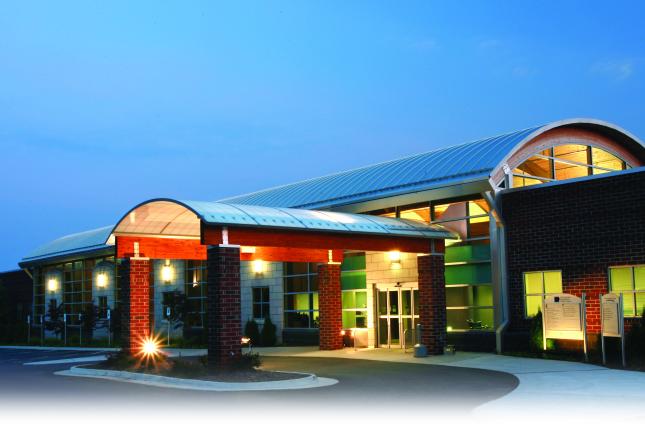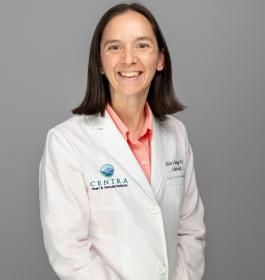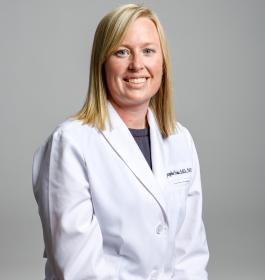Our approach to care
The term “heart failure” can be misleading. It doesn’t mean your heart has stopped working; instead, it means your heart no longer pumps as well as it should. Some people develop heart failure suddenly, after a major heart attack. Others develop it gradually — it can take years for your heart to weaken enough to notice symptoms.
Heart failure symptoms
Early symptoms of heart failure are often mild, but without treatment they will worsen over time. See your doctor right away if you develop:
- Swollen feet or ankles
- Unexplained weight gain
- A dry, hacking cough
- Unusual shortness of breath
- Rapid or irregular heartbeat
- Weakness or fatigue after simple exertion
No matter what’s causing your heart failure, or how severe your symptoms, our team can help. We offer ongoing treatment and follow-up care for patients whose symptoms are manageable. And we offer surgery and other treatments for people who need lifesaving care for sudden or advanced heart failure.
Congestive Heart Failure Treatment
Your heart failure treatment plan will depend on several factors. These include the frequency and severity of your symptoms, and what’s causing them. For example, if your heart is weakened by a faulty valve, fixing the valve may stop heart failure from getting worse.
Routine heart failure care
Early or mild heart failure symptoms can often be managed with nonsurgical treatments, including:
- Lifestyle changes. Quitting smoking, eating better and exercising more can greatly improve your heart failure symptoms. We’ll help you create new habits you can stick with, or refer you to providers who specialize in these areas.
- Heart failure medications. Many people with heart failure take prescription drugs such as beta blockers, ACE inhibitors, ARBs, ARNIs, vasodilators and diuretics. These medications help relax or widen blood vessels, lower blood pressure or reduce swelling caused by fluid build-up.
- Cardiac rehabilitation. Licensed rehabilitation professionals can help you strengthen your heart through supervised exercise programs and tailored dietary changes.
- Ongoing follow-up visits. Regular visits to our multispecialty congestive heart failure clinic help us keep an eye on your condition — and keep you and your heart healthy.
If your therapies stop working, or your heart function suddenly and significantly declines, you may need surgery or other specialized treatments.
Advanced Heart Failure Care
For patients with moderate or advanced heart failure, we aim to improve quality of life while preventing emergency room visits and hospital admissions. In coordination with local providers, we offer temporary and long-term care for people with mechanical circulatory support devices. These devices, also known as heart pumps, help weak hearts keep working. We also offer innovative devices that let us monitor your heart function remotely. Our advanced services include:
- Ventricular assist device (VAD) management. These devices are implanted in the lower chambers of the heart (ventricles), where they help pump blood to the rest of the body. Because the most common type of heart failure is left-sided heart failure, most patients who need a heart pump receive a left ventricular assist device (LVAD). We work closely with several cardiac transplant centers to coordinate care for local patients who have an LVAD.
- Impella pumps. These temporary devices help keep blood circulating while patients with heart failure undergo cardiac catheterization. In some cases, Impella pumps are used to support heart function in patients who develop a life-threatening condition called cardiogenic shock.
- Extracorporeal membrane oxygenation (ECMO). Blood is pumped from your body into a machine, where it is mixed with oxygen and then pumped back into your body. The machine takes over for your heart and lungs, allowing them to rest.
- Remote monitoring. We offer small, implantable devices including CardioMEMS and thoracic impedance monitors. These devices detect changes in your pulmonary artery pressure or fluid build-up in your lungs — both signs of worsening heart failure — and notify your cardiologist’s office.
ECMO and VADs are sometimes used as bridge-to-transplant therapy. This means they help your heart function while you wait for a heart transplant. VADs are also used as destination therapy, meaning they help your heart function for the rest of your life.
A team approach to treatment
Heart failure is often a complication of other medical problems, including:
- Coronary artery disease
- Heart valve problems
- High blood pressure
- Obesity
- Thyroid disorders
- Type 2 diabetes
We work closely with other Centra specialists who can help treat your underlying condition — and reduce or reverse your heart failure symptoms.






